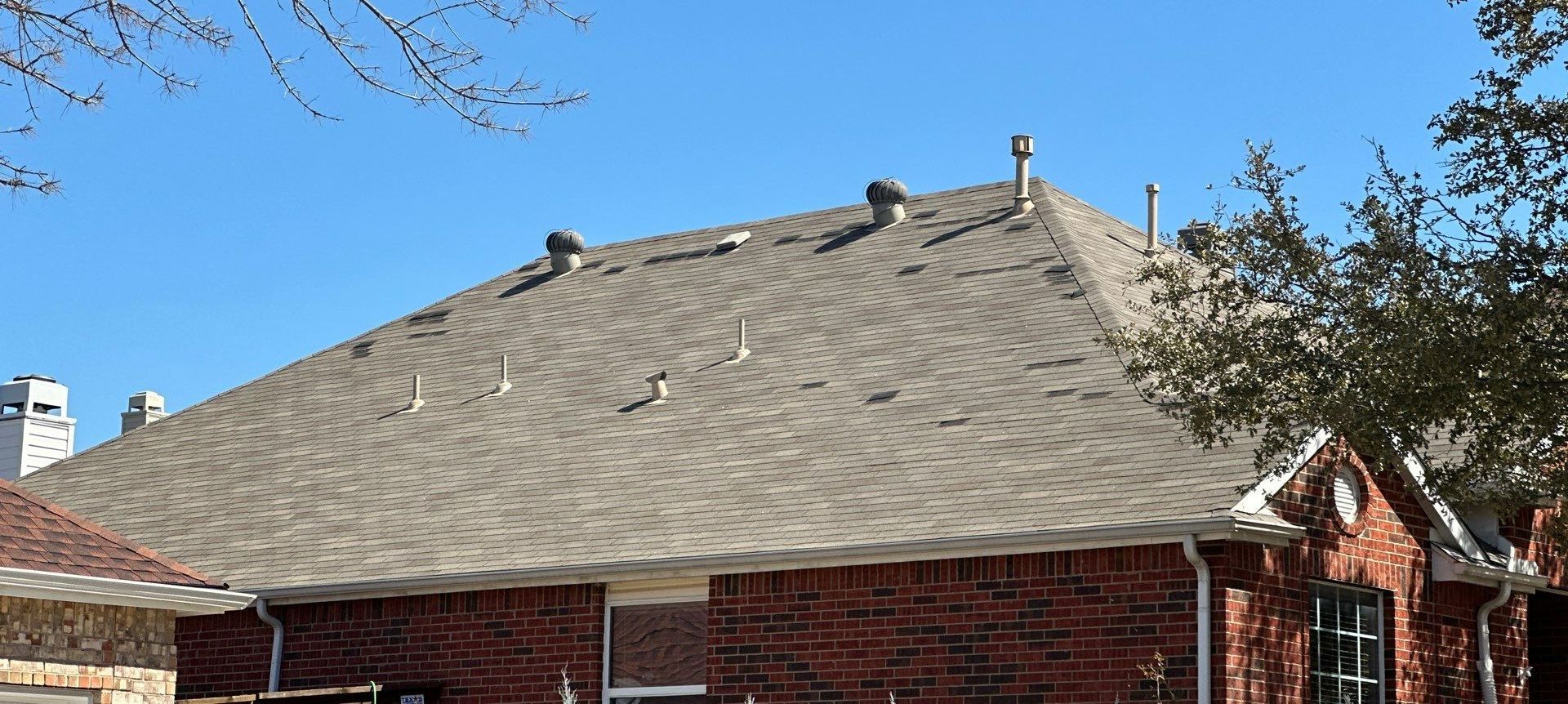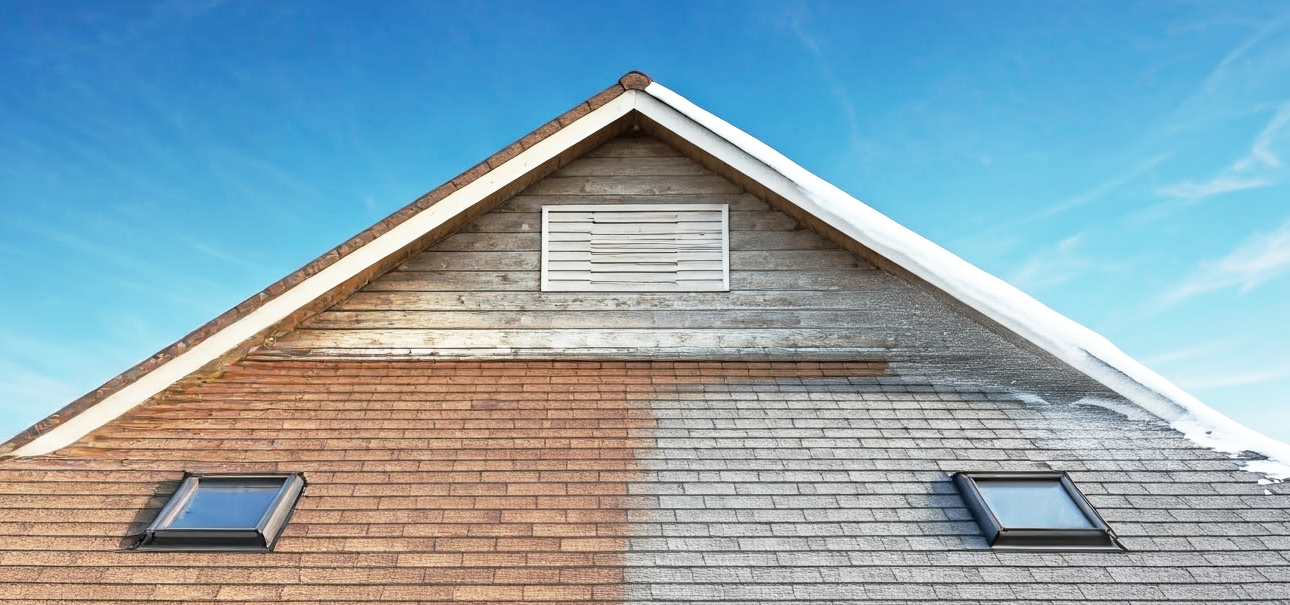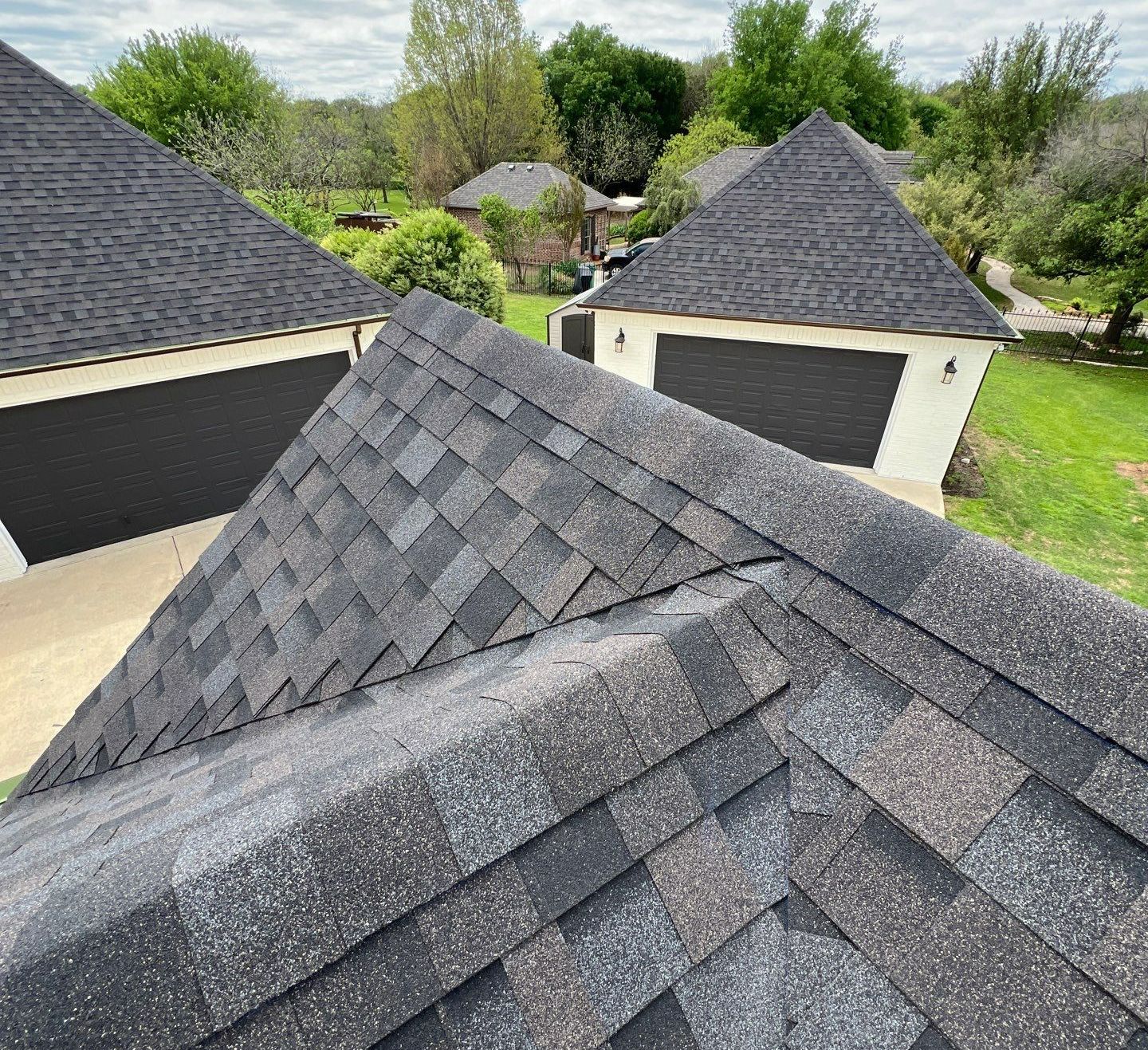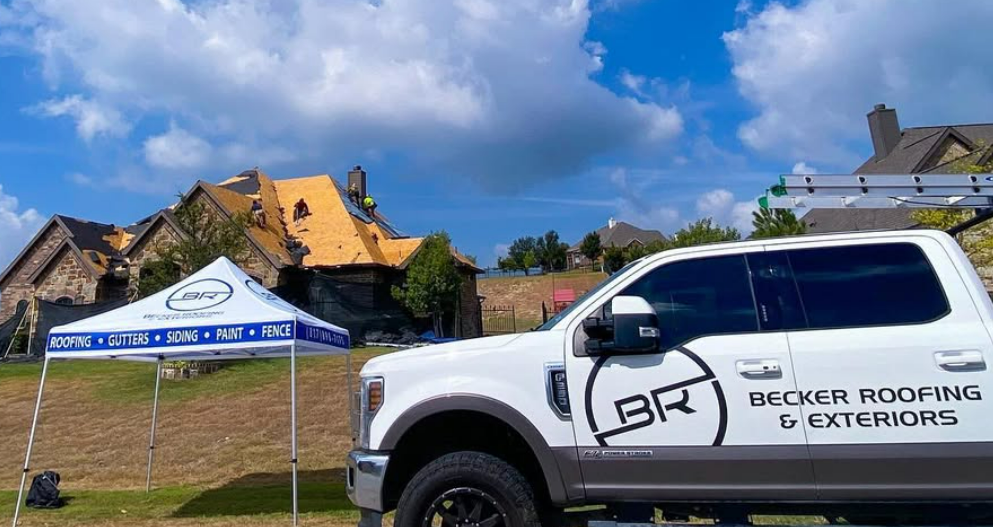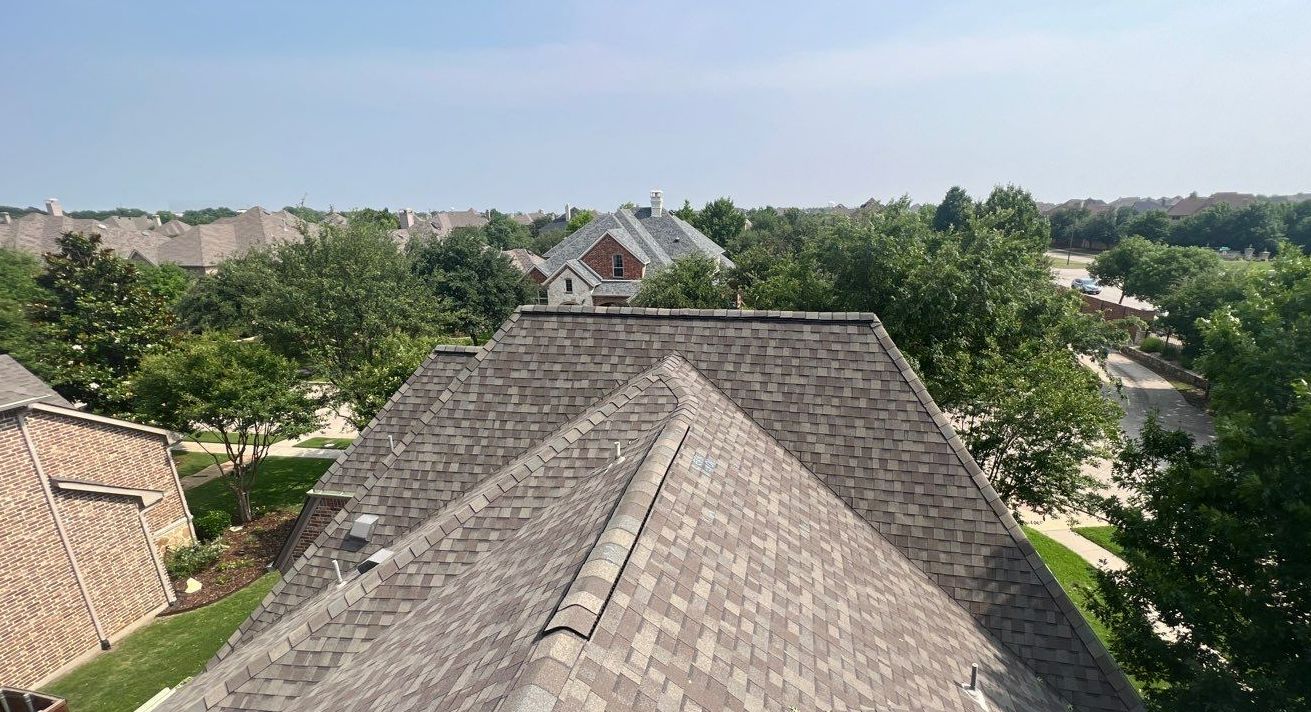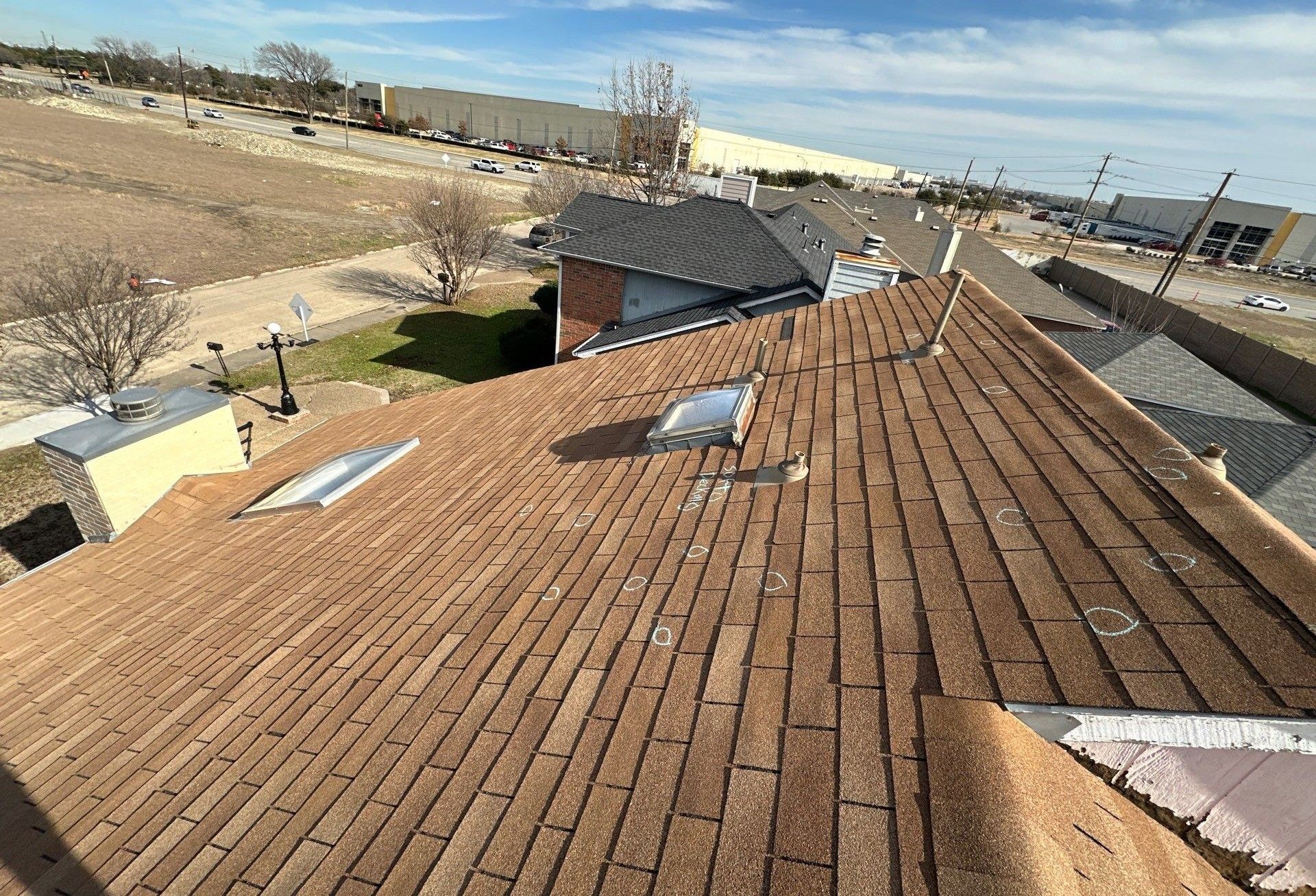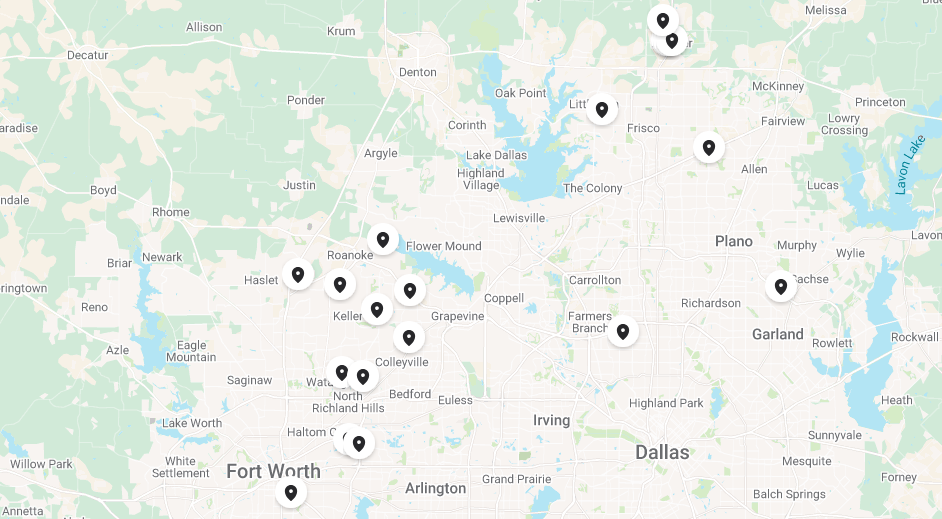Understanding Roofing Warranties: A Comprehensive Guide
Roofing Warranties 101: Expert Tips
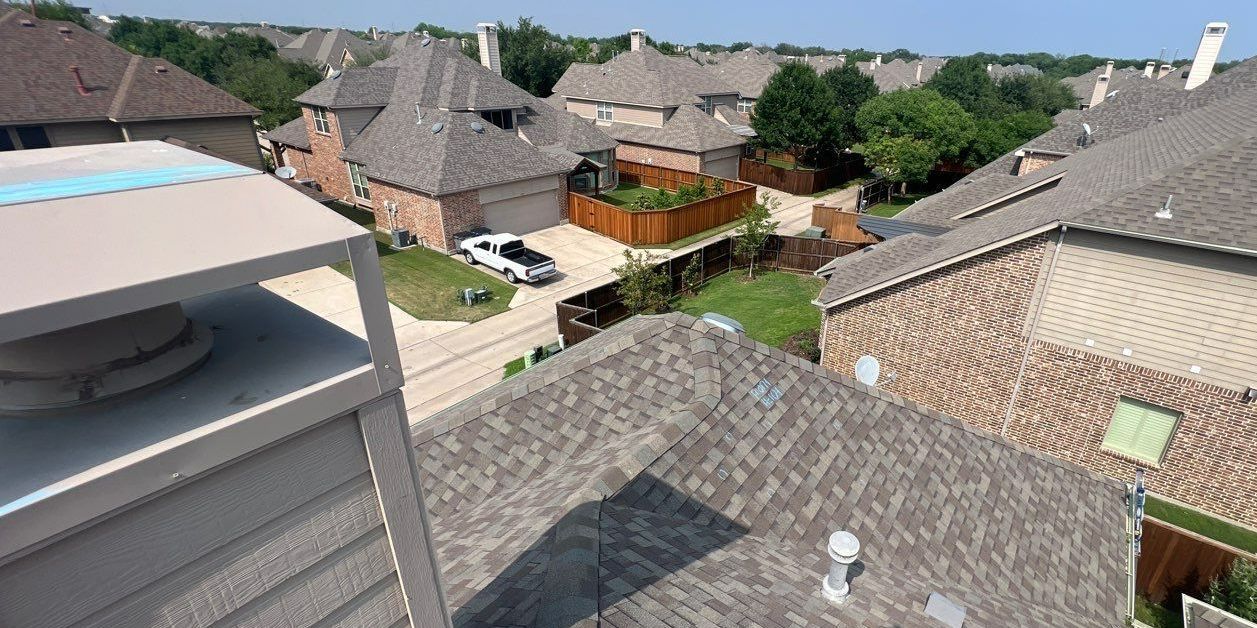
Key Highlights
- Protect Your Investment: Roof warranties offer crucial protection for your new roof, safeguarding your investment against unexpected issues.
- Types of Coverage: Understand the main types of warranties available – manufacturer warranties, workmanship warranties, and extended warranties.
- Read the Fine Print: Scrutinize your warranty documents to fully grasp the coverage, exclusions, and conditions.
- Maintain Your Coverage: Adhering to maintenance requirements and utilizing certified contractors are crucial for preserving your warranty's validity.
- Maximize Your Protection: Opt for comprehensive warranties with longer coverage periods and robust protection for enhanced peace of mind.
Introduction
Investing in a new roof is a significant investment and a big step for any homeowner. It's important to have peace of mind with good roofing warranties. These warranties serve as a safety net. They protect you from defective materials and mistakes in workmanship. In this guide, we will simplify the confusing world of roof warranties. We want to give you the knowledge you need. This will help you make smart choices that protect your investment and keep your new roof lasting a long time.
The Essentials of Understanding Roofing Warranties
Roofing warranties are similar to having insurance for your roof. They promise that if problems come up with your roofing materials or the way they were installed, the manufacturer or roofing contractor will fix or replace them based on certain rules. These warranties usually have different terms, so it’s important to read the fine print. This way, you can know what is covered and what is not.
Understanding the Basics and Importance
A roofing warranty is a legal agreement about your roofing system. This important document explains what defects are covered, how long the coverage lasts, and when it applies. It is very important to understand the terms and conditions of your warranty. This understanding helps you know how protected your roof is. Warranty coverage keeps you safe from unexpected costs for repairs or replacements. These costs could arise if your roofing materials are defective or if the work was not done correctly. If you ignore your warranty, you may be required to pay a lot of money for problems that could have been covered.
Different Types of Roofing Warranties Explained
Navigating and understanding roofing warranties can feel tricky, but it can be simple once you know the different types of warranties. There are two main types of roofing warranties: manufacturer and workmanship warranties. Each type serves a unique purpose. Manufacturer warranties come from the roofing material manufacturer and focus on defects in the materials. Workmanship warranties are provided by the roofing contractor and cover problems with the quality of the installation. Knowing the difference between these two main types is very important as it helps you choose the proper coverage for your new roof.
Components of a Roof Warranty
Understanding your roofing warranty really well can help you avoid problems later. Learn about what your warranty includes and, just as crucial, what it does not include. Check important details like how long the coverage lasts, what materials and parts are covered, how to file a claim, how to transfer the warranty if needed, and any exclusions or limits that may affect your protection.
Coverage Details: What's Included and What's Not
When looking at a roofing warranty, check the coverage details carefully. A good warranty usually covers defects in roofing materials like defective shingles, underlayment, and flashing. But, you need to confirm how much coverage is provided. For instance, some warranties may only pay for the cost of materials, not for the labor costs needed for repairs or replacements. Also, certain situations, like damage from improper installation, poor ventilation, or severe weather, may not be included in the standard coverage. Make sure to read the conditions of the warranty well to know the complete extent of your protection.
Deciphering the Length and Terms of Coverage
Roofing warranties come in different lengths. They usually last from 5 to 50 years, and sometimes can be labeled as "lifetime." However, remember that "lifetime" doesn’t always mean your roof will last that long. It often refers to a set number of years found in the fine print. Be sure to check when the coverage starts and ends. Additionally, look out for prorated coverage, which means the protection goes down over time and can affect subsequent homeowners. Knowing the terms and conditions, including specific conditions that might void the warranty, will help you make the most of your coverage and avoid surprises later on.
Types of Roofing Warranties
There is not a single approach that will work for all roofs and warranties. The best warranty for you and your home may likely depend on your current budget, the roofing material you choose for the job, and how much coverage you want overall. Let’s take a look at the different types of roofing warranties, this way, you can make a smart choice for any of your homes specific needs.
Manufacturer's Warranties Vs. Workmanship Warranties
Understanding the difference between manufacturer warranties and workmanship warranties is important for homeowners. This knowledge helps you find the right protection for your roof. If there are problems, knowing which warranty to use can save you time and money.
Manufacturer's warranties come from the roofing manufacturer. They cover defects in the new materials themselves. If you find defective materials, these warranties generally pay for replacement. However, they usually do not cover labor costs. On the other hand, workmanship warranties are given by your roofing contractor. They cover mistakes that happen during the installation process, including the cost of labor for repairs. If there is a problem due to improper installation, these contractor warranties can help you.
Extended and Enhanced Warranty Options
Some manufacturers and contractors offer more than just regular manufacturer and workmanship warranties, they may also provide extended warranties and enhanced coverage options. Extended warranties last longer than the usual 25 years. While they may have an additional cost, they can give homeowners additional peace of mind. This is especially true for those who plan to stay in their homes for a long time. Enhanced warranty options can cover more issues, like damage from hail or wind, or even pay for a full roof replacement. Comprehensive warranties help to better protect your investment.
Significance of Warranty Registration and Activation
When you install a new roof, it's easy to forget about registering your warranty. This task may seem simple, but it’s important to do it right away. Registering your warranty with the manufacturer helps for several reasons. If you don't register it, you could lose your coverage. This means you might have to pay for repairs or replacements that would have been covered.
Steps to Ensure Your Warranty is Valid
To have peace of mind and enjoy good coverage, make sure your roofing warranty is active. Start by registering your warranty with the manufacturer right after installation. You need to give correct details about your roof, when it was installed, and your contractor's information. Keep all important documents safe. This includes the original warranty, receipts for materials and labor, and any messages with the manufacturer or contractor. If you have any questions about your specific requirements, contact your roofing contractor or the manufacturer for help.
Common Pitfalls to Avoid in Warranty Activation
A few common mistakes explained here could ruin your warranty or cause larger problems later. First, if you forget to register your warranty on time, you may lose your coverage. Make sure you know the deadlines set by the manufacturer and stick to them. Second, improper installation is a big reason why warranties are denied, which often happens when you hire non-certified contractors or do not follow the manufacturer's guidelines. Always choose certified contractors and make sure they follow the manufacturer's instructions when installing. Also, remember that making changes to your roof without permission or not performing regular maintenance can cancel your warranty too.
Maintaining Your Roof Warranty
Just like you take care of your car or appliances to help them last longer, you need to keep your roof in good shape too. Following the warranty rules is important for protecting your investment and making sure your roof lasts as long as possible. One key part of this is having regular inspections. Don't skip them; they really matter.
Routine Inspections and Their Importance
Regular inspections are key to having a healthy roof and keeping your warranty safe. It's best to schedule these inspections with a professional at least twice a year or as your roofing contractor suggests. This can help spot problems early before they get worse, including any necessary repairs. If you don’t keep up with these inspections, you might have trouble filing claims later because you didn't take care of your roof. A skilled roofing expert will look at your roof system during each inspection. They will look for signs of damage, loose or broken shingles, blocked gutters, and other weak spots.
Maintenance Tips to Keep Your Warranty Intact
Besides scheduling regular inspections, you can follow some tips to take care of your roof and keep your warranty active. Make sure your roof and gutters are clear of debris like leaves, branches, and dirt. This helps stop water damage and helps drainage work well. Trim branches that hang over your roof that could harm it in storms. Fix small problems, like missing or damaged shingles, right away to stop them from getting worse. Always check your warranty terms or talk to your roofing contractor or the manufacturer before doing any DIY repairs or changes to your roof. Using expert help keeps your warranty valid.
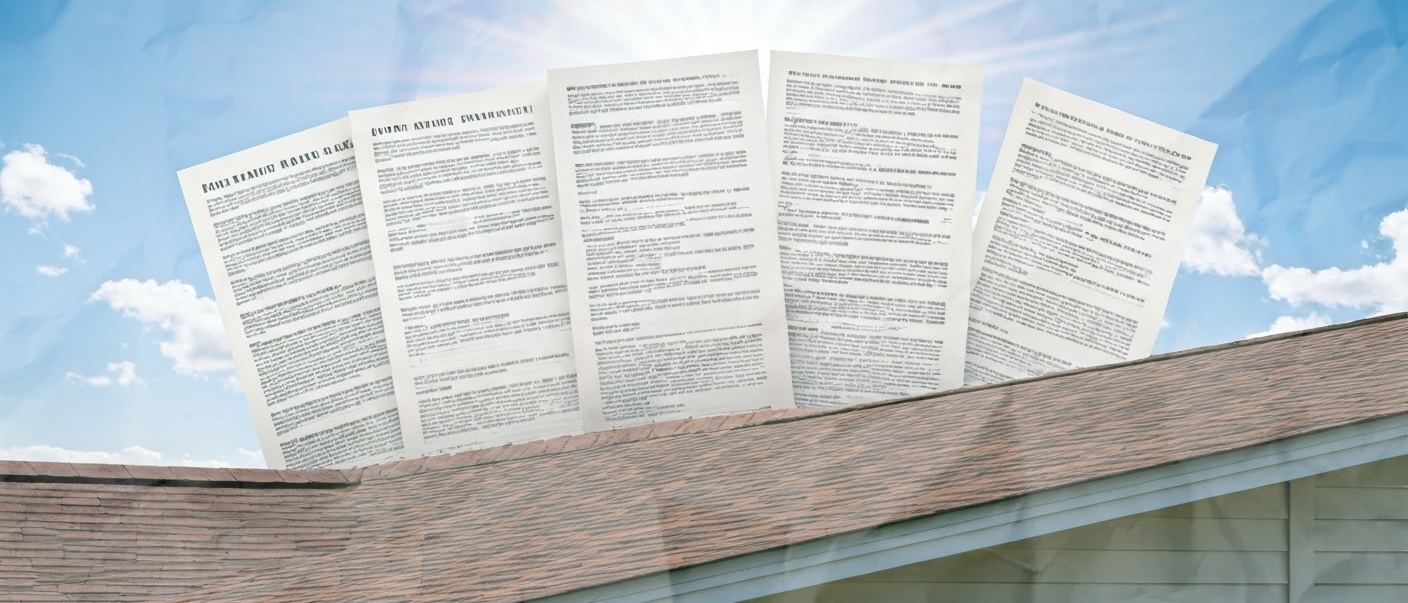
Claiming Your Roofing Warranty
It's important to know how to file a claim for your roofing warranty. This helps make the process easy and less stressful. If you understand the steps to follow, who to call, and what documents to get ready, you can make the process go faster. This also helps you have a better chance of getting a good result.
Claim Process: Step-by-Step Guide
If you need to file a claim on your roofing warranty, it's important to know the steps. This is true whether the claim is about defective materials or installation problems. Start by collecting all the important papers you need. This includes your warranty documents, receipts for materials and labor, and any photos or videos showing the issue. Next, reach out to your roofing contractor or the manufacturer to start the claim. Share all the needed information with them. A designated person will then help you with the next steps. This may involve checking your roof to see the damage or defect.
What to Do When a Claim is Denied
While many warranty claims go smoothly, sometimes a claim can be denied. If that happens, don't worry. First, check why your warranty was denied. If the reason isn't clear or doesn't make sense, ask the manufacturer or contractor for more details. If you still think the denial is unfair—like if they say it was due to improper installation and you know the work was done right—think about taking the problem to a higher level or getting a second opinion from a trusted roofing expert.
Conclusion
In conclusion, knowing about roofing warranties is important to protect your investment. Understanding what your warranty covers and how to keep it active is key. Regular inspections and proper care help keep your warranty valid. By being informed and proactive, you can handle roofing warranties with confidence. Do you have questions or need expert help? Don't hesitate to reach out for advice and make sure your roof stays safe for many years.
Frequently Asked Questions
What is the Difference Between Material and Workmanship Warranties?
Material warranties protect against problems in the roofing material, which focus on whether the materials are good., safeguarding your roof investment. On the other hand, workmanship warranties come from the roofing contractor, and look at how well the installation was done and the quality of the contractor's work. They ensure the installation is done well.
How Can I Check if My Roof Warranty is Transferable?
Transferability options depend on the rules in your warranty. Many roofing warranties can be passed to new homeowners. This can help sell the value of your home as it gives the buyer ongoing protection. Check your warranty papers or reach out to the roofing manufacturer to find out if yours can be transferred.
What Are the Most Common Reasons for Warranty Denial?
Improper installation, severe weather damage not mentioned in the warranty, and lack of maintenance are often reasons why claims get denied. It’s important to take care of your roof system. Follow the manufacturer’s instructions and warranty rules. This way, you can prevent problems that might not be covered later on.
Can I Extend My Roofing Warranty?
Yes, you can usually extend your roofing warranty. This can be done through the manufacturer or a third-party provider by ensuring that all your roofing components meet specific standards. An extended warranty plan can give you extra peace of mind. It offers coverage for a longer period of time. You may also tailor it to fit your specific needs.


Our Location
Hours
Hours
Contact Us
License # 03-0235

